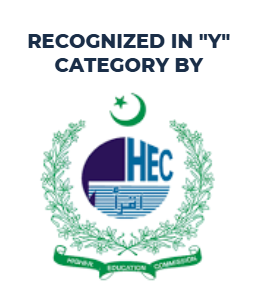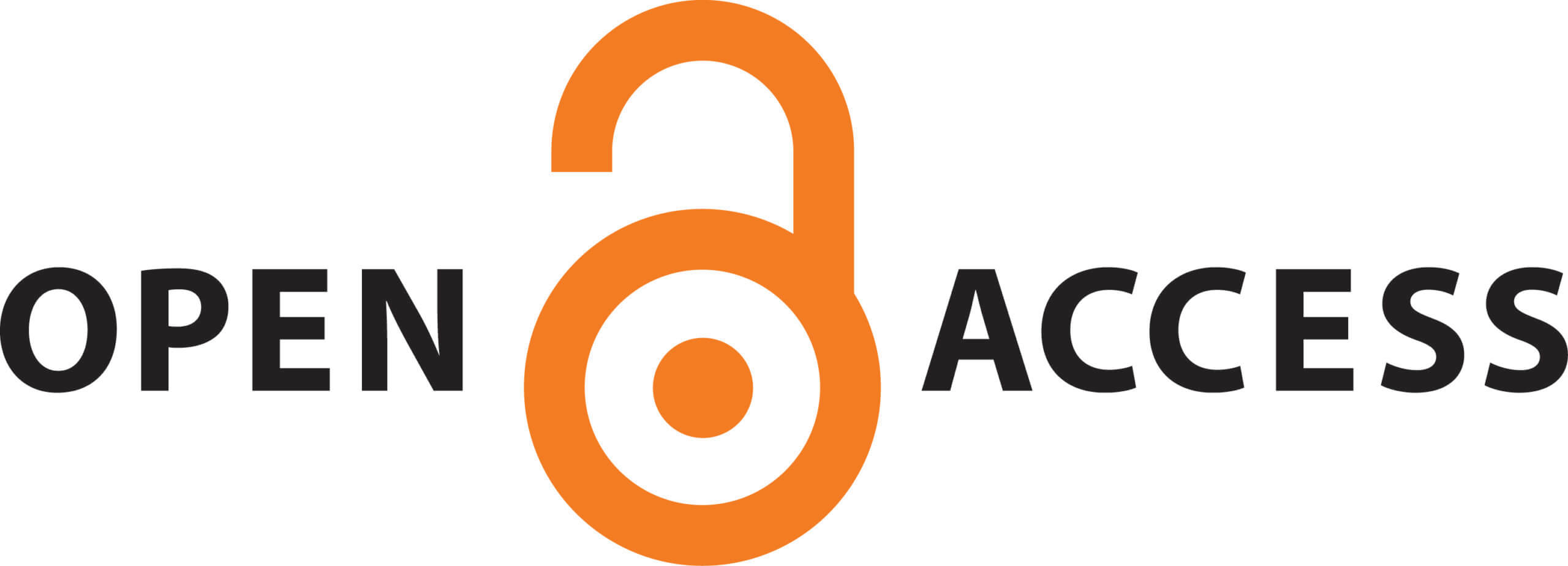Unknowable Futures and Posthuman Consciousness in Anton Chekhov’s The Three Sisters and The Cherry Orchard
DOI:
https://doi.org/10.24312/ucp-jll.03.01.501Keywords:
Existentialism, Posthumanism, Humanism, Unknown, Non-Human Entities.Abstract
This research study tends to explore how Chekhov’s plays, The Three Sisters (2012) and The Cherry Orchard (2006) deal with the idea of posthumanism, challenging our traditional understanding of what it means to be human. The characters in these two plays are in constant fear of what the future holds for them. The characters in these plays are unable to grasp evolution, progress, and the crucial role of nature and environment in shaping their life experiences. According to humanism what distinguishes human beings from machines, animals and other non-human entities is that human beings occupy a natural space, they are exceptional, central and essential to the world. Posthumanism disagrees with this notion and challenges man’s authority as the privileged being in the world. Althusser in For Marx (2005) claims that the central status of man is reduced to ‘ashes’ (p. 229). Posthumanists argue that the human being of the twenty first century is no different from animals, machines and other non-human entities. This research study highlights that the rise in capitalism, technology, advancement and science has turned human beings into mere machines struggling for a future that overshadows and ruins their present. The constant fear of an unpredictable future gives birth to existentialist crisis and makes the lives of the characters in the play intolerable, lonesome and miserable. Furthermore, this study argues that human beings are not the only significant beings in the world and the future is unpredictable, hence, cannot be controlled.
Downloads
Published
Issue
Section
License
Copyright (c) 2025 UCP Journal of Languages & Literature

This work is licensed under a Creative Commons Attribution 4.0 International License.









